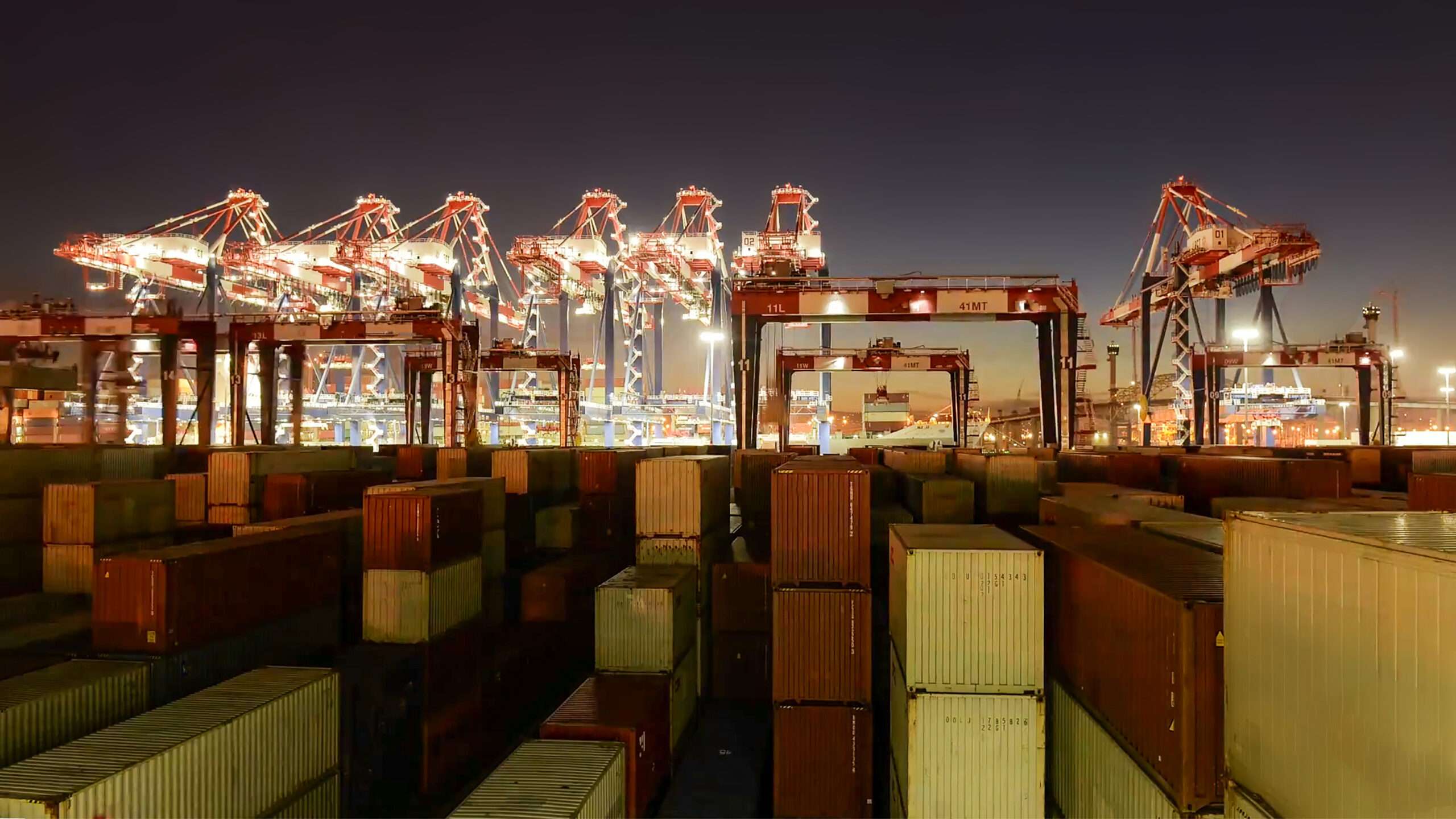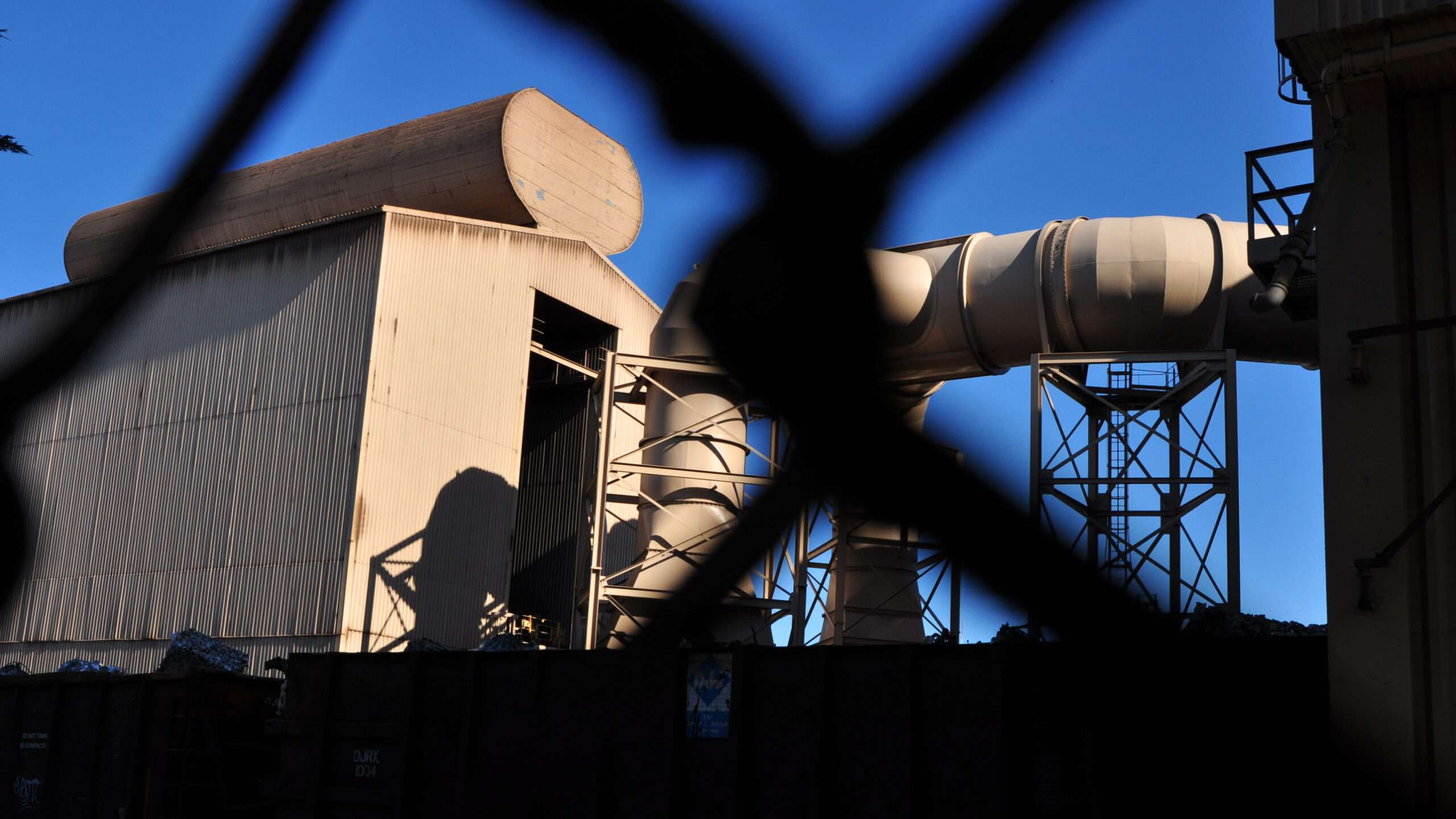
Century Aluminum, owner of the Mount Holly smelter in Goose Creek, has joined other U.S. aluminum producers and industry advocates in lobbying the federal government to put a stop to what it terms as unfair competition from cheap Chinese imports.
“We need immediate help,” Michael Bless, Century’s CEO, said during a China Trade Task Force forum in Washington, D.C., this week.
[ by David Wren | November 20, 2015| The Post and Courier ]
Whatever help might eventually come could be too little, too late.
Of the eight aluminum smelters operating in the U.S. today, half — including the Mount Holly site — have announced plans to close by year’s end, taking about 3,000 jobs with them. Three of the remaining four smelters have curtailed production by as much as two-thirds.
Only Alcoa’s smelter in Evansville, Ind., continues to operate normally.
By contrast, there were nearly 30 U.S. smelters when Mount Holly opened in 1980.
“If nothing changes soon, all U.S. aluminum smelters will shut down and we will be relying on communist China to provide us with high-purity aluminum,” Bless said during the forum Thursday at the National Press Club.
“Every U.S. smelter is at risk due to Chinese overcapacity and unfair subsidization,” he said.
Bless was joined by former Senate Majority Leader Trent Lott; Grant Aldona, former undersecretary of commerce for international trade; and Will Dempster, executive director of the China Trade Task Force. All of them spoke about China’s manipulation of the global aluminum market.
They argue that China’s government is illegally subsidizing the industry to produce a glut of aluminum, despite falling demand, in order to preserve jobs and prop up economic growth. The metal is then exported to the rest of the world at prices U.S. manufacturers can’t match. The practice has depressed aluminum prices to their lowest since the Great Recession.
“Big things are at risk if we do not step up to act now,” Aldona said Thursday.
The task force wants President Barack Obama to initiate a dispute settlement proceeding before the World Trade Organization to force China to eliminate subsidies or face trade sanctions.
The task force has its critics, including Andrea Hotter, a columnist for industry newsletter Metal Bulletin. Hotter wrote this month that most of the aluminum exported to the U.S. is coming from Russia and that “broadly speaking, China is not currently exporting vast amounts of primary aluminium.”
Also, the practice of China exporting semi-fabricated aluminium products for remelt elsewhere “has dried up,” Hotter wrote.
Hotter said the U.S. industry needs “a structural overhaul, and it looks like one is finally underway — deliberately or otherwise.”
Regardless of who’s to blame, the task force appears to have public sentiment on its side. A survey conducted for the task force by digital media company Morning Consult showed 92 percent of Americans consider it “important for the U.S. that American companies are able to produce materials such as aluminum and steel here in the U.S.”
Among presidential candidates, Donald Trump is seen as a potentially tougher negotiator with China than Hillary Clinton, according to the survey. And 83 percent of respondents said they would support “requiring the U.S. government to purchase American-made aluminum and other metals when building military hardware.”
It’s a point Lott seized upon during Thursday’s forum, held less than a week after the terrorist attacks in France.
“We can’t have something as critical as aluminum controlled by another country, especially due to the national security implications,” Lott said.
While future national security needs might seem an abstract concept, unemployment is a very concrete issue — and one that’s about to hit home for the 600 Mount Holly workers who produce 231,000 tons of aluminum each year.
Century Aluminum says it will close the Goose Creek plant if it can’t reach an agreement with electricity supplier Santee Cooper by Dec. 31. Santee Cooper says it can’t meet Century’s demands because it would force other customers to subsidize the plant. State officials, including Gov. Nikki Haley, have said they’ve done all they can to save the Mount Holly smelter.
In the balance: A $50 million annual payroll and a direct economic impact of $945 million on the Charleston region, according to a University of South Carolina study.
Demographically, it’s difficult to find more dissimilar places as the Charleston area and Hawesville, Ky., but the small town in the Bluegrass State might provide a preview of what’s to come for Goose Creek.
In a documentary produced by the China Trade Task Force, Michael Baker, the director of Kentucky’s Hancock County Industrial Fund, described the fallout from Century’s decision to cut production at the town’s smelter by 60 percent, laying off hundreds of people.
“The impact that they have in terms of taxes … provides services, whether it be building roads and bridges, our emergency services through police, fire, ambulance — these are critical services,” Baker said. “So the ripple effect of that is going to have a significant impact on not only the families and jobs that are being lost, but the businesses in the area, the local retail businesses whether it be restaurants or other shops.
“Everyone in the region is going to feel the impact.”













